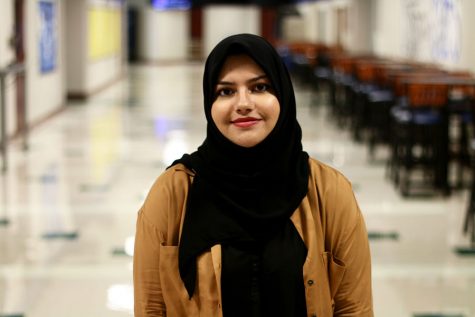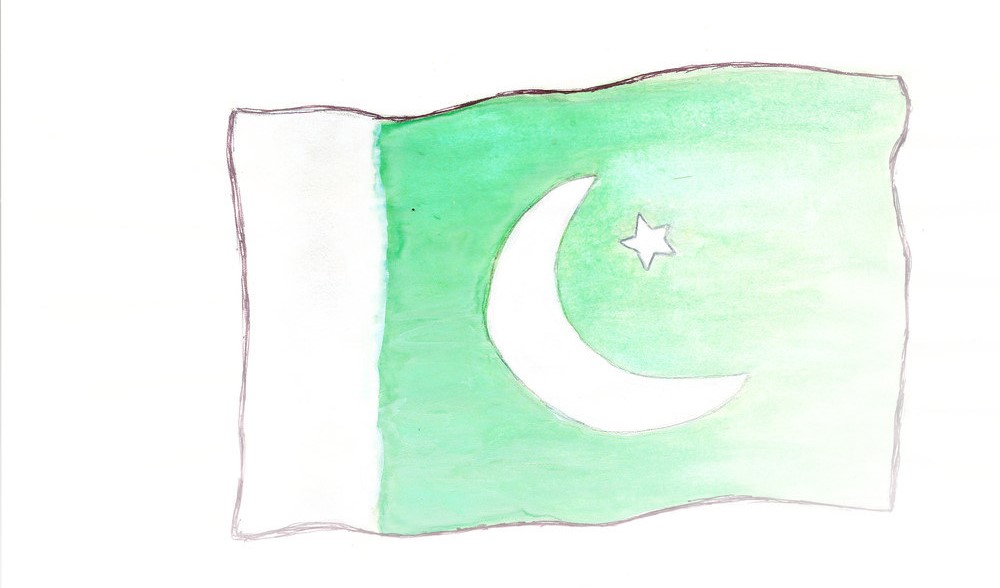Bystanders
Gunshots ringing in the air, flashes lighting up the sky and shouts echoing in the streets. Midnight on Aug. 13 in Karachi, Pakistan: the beginning of Pakistan’s Independence Day.
Patriots began decorating everything from their cubicles to their cars at least a month in advance. Banners hung in the streets while tiny paper flags fluttered in the wind in every apartment building. I had never seen so many people excited to be living in a city ranked amongst the top ten worst to live in.
This summer, I travelled to the city in which I was born: Karachi. Although the purpose of my visit was my cousin’s long-awaited wedding, I got to spend six weeks there, only two of which were wedding related. This left me with four weeks of free time, in which I observed the political climate and social norms of a so-called “Muslim country.”
I go to Karachi once almost every three years, so I know what to expect from the people there, but somehow, I’m always surprised. The thing that sticks with me the most, though, has to be the incredible pride everyone has for the country. To me, this is ironic because the majority of Pakistani citizens do nothing for the betterment of their country. I understand that the multitudes of corrupt politicians are the primary reason Pakistan has fallen to the level it’s at today, but if the public learned how to speak up, the damage wouldn’t be so severe.
The most disturbing detail was that everyone was just going with the flow. I couldn’t help but compare the public’s response to injustice or corruption with what the American response would have been. Believe it or not, Pakistani citizens have a lot of rights when it comes to speaking out against the government, so I was baffled as to why no one realized the power they had. Everyone seemed to be standing by waiting for someone else to take the first step.
The lack of action toward change, betterment and development saddened me. Multiple times during my visit, I was asked what I liked best about Pakistan, and all I could say was “the food.” I want to be able to show my country off. I want to be able to tell people I’m from Pakistan and not have them think of it as some war-torn, terrorist-filled, desolate land. When asked what I liked best about my country, I want to be able to say more than just the food. I want to tell people about the natural wonders, the amazing military power and the brilliant minds that created a country from scratch over 70 years ago.
My blood is still Pakistani, but my mind and heart are in turmoil. I want to defend my country no matter what, but I can’t ignore its glaring flaws. Unless Pakistan’s corrupt government changes and it’s plentiful resources are utilized, the situation will only get worse. I’ve begun to lose hope in my own country. If someone doesn’t steer Pakistan in the right direction, it may be too late for change.

Senior Syeda Rizvi is the entertainment editor and this is her third year on staff. She's obsessed with YouTube and makeup and anything related to those...



